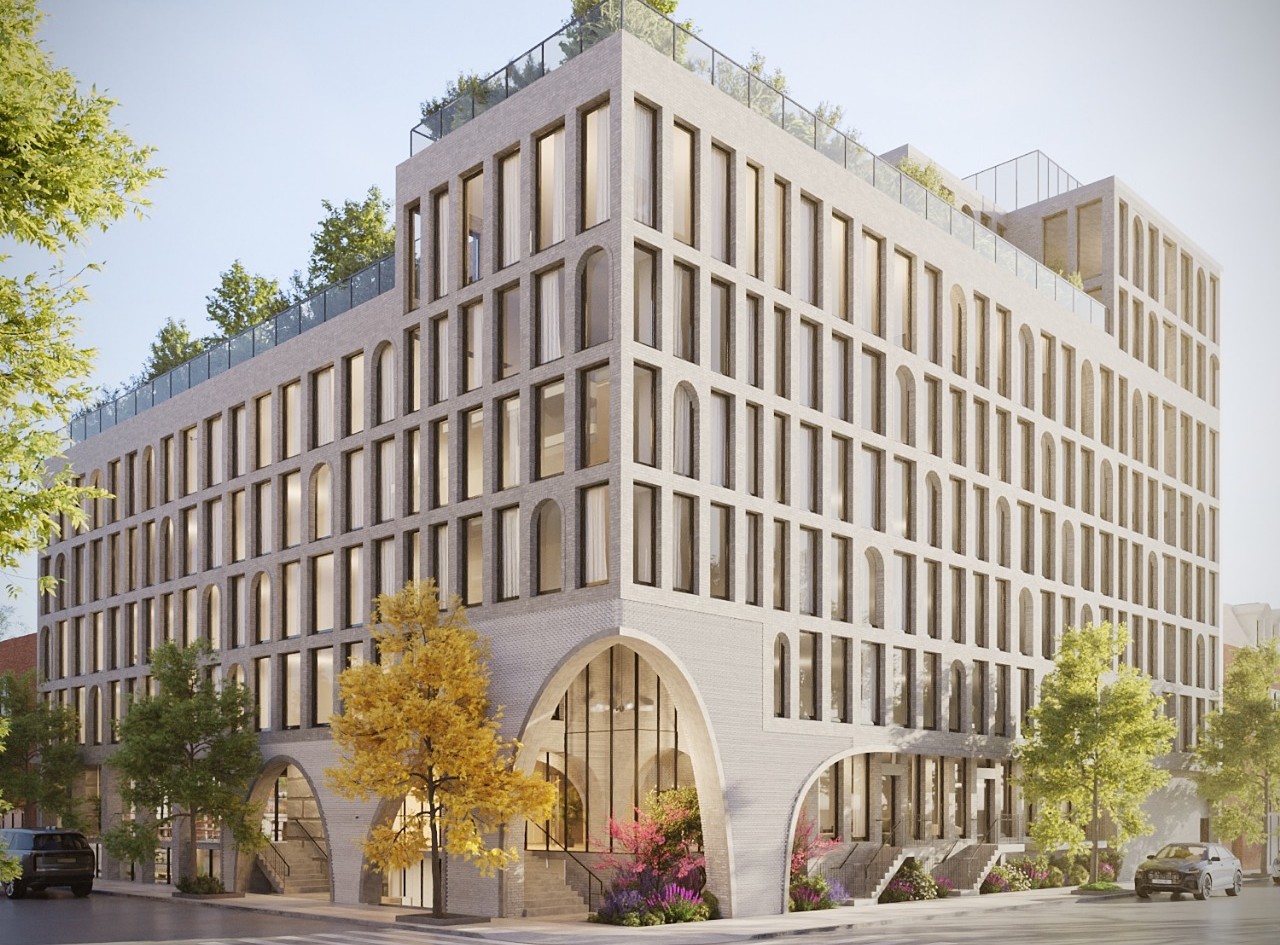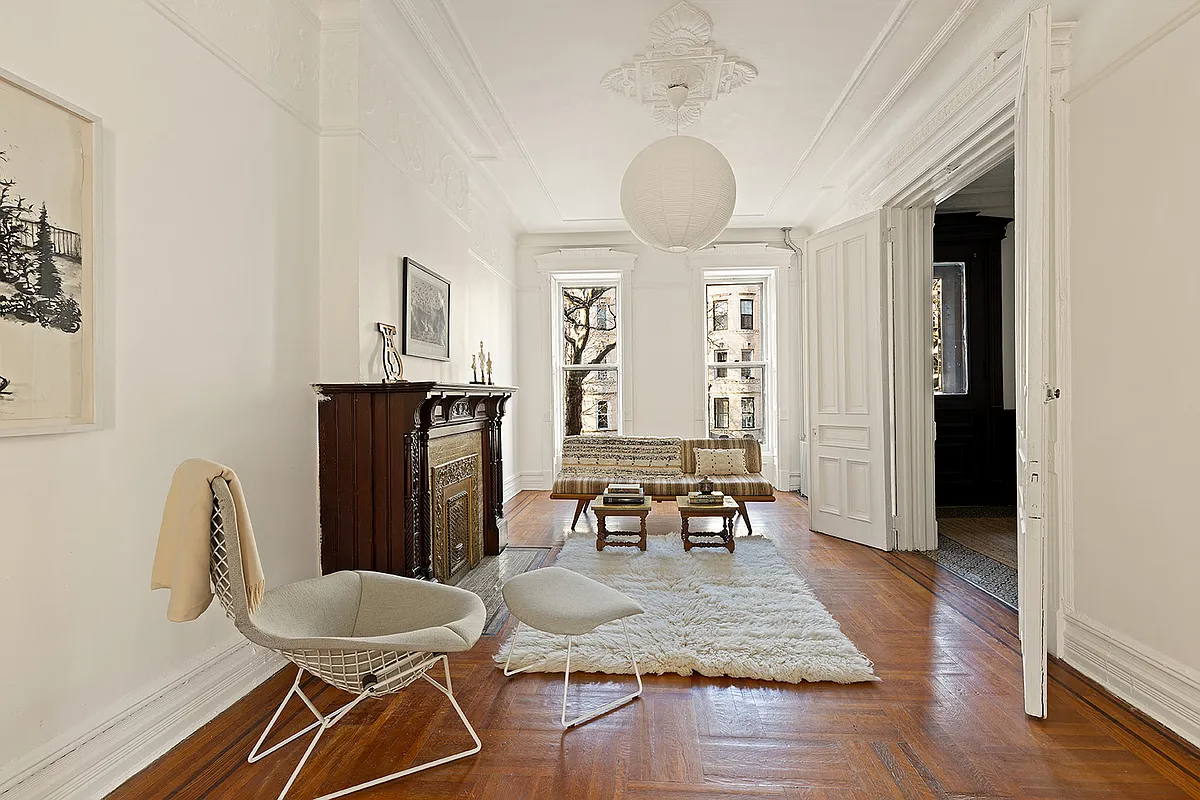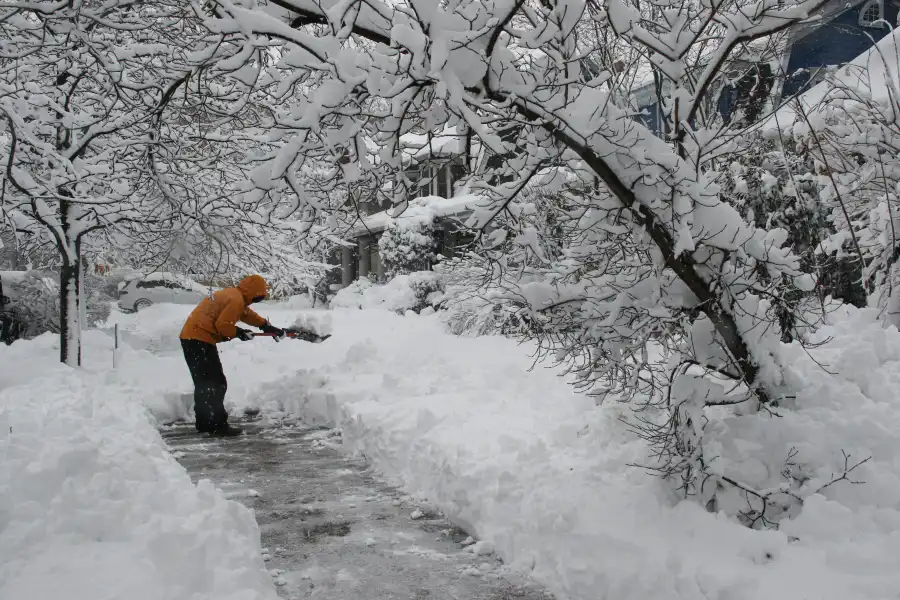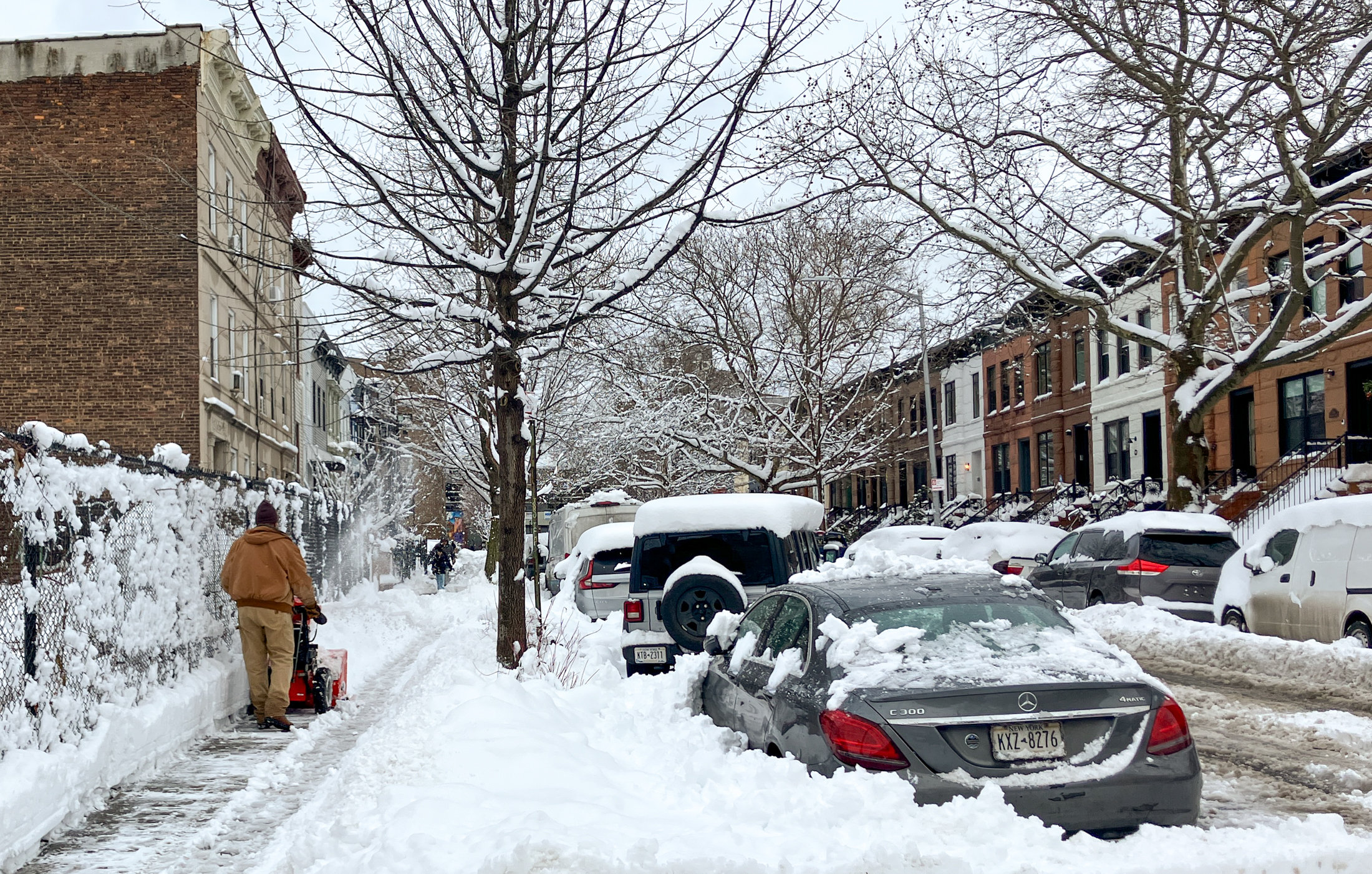Latest S&P Numbers: Surprise! They Ain't Good
The Journal reports that the most recent S&P/Case-Shiller indexes, which covered home-price trends in 20 major metropolitan areas through April, show home prices dropping 15.3 percent in the past year—a record decline. The continued devaluation of residential real estate across the country set home prices back to where they were a whole three years ago,…


The Journal reports that the most recent S&P/Case-Shiller indexes, which covered home-price trends in 20 major metropolitan areas through April, show home prices dropping 15.3 percent in the past year—a record decline. The continued devaluation of residential real estate across the country set home prices back to where they were a whole three years ago, even though eight of metropolitan areas included in the index showed a bit of improvement over March of this year. There was no region studied, however, that did not post a year-over-year decline in prices. Vegas and Miami saw the biggest price drops between April ’07 and April ’08, while Charlotte and Dallas fared the best. The New York region was somewhere in the middle, with a year-over-year decline of 8.4 percent and a 1.3 percent dip between March ’08 and April ’08. “There might be some regional pockets of improvement,” said David M. Blitzer, chairman of Standard & Poor’s index committee, though “on an annual basis the overall numbers continue to decline.”
Home-Price Gains Are Erased, Now Stand at 2004-2005 Levels [WSJ]
Graphic from the Wall Street Journal.





No, I don’t think I do, 1:13. I hear parents ALL THE TIME say they are moving to the suburbs for the kids.
How about asking some of these kids how they like it. I am surrounded by people who grew up in the suburbs and you know why we all came to NYC? Because they sucked!
I’m not saying kids should make decisions with regard to housing, but then don’t suggest that the reason you are moving there is FOR them. If playing by themselves in the backyard, having to grow up with little social interaction and not seeing anything other than white faces is for them, then you belong in the suburbs.
1.04 – I think you’ve got the selfish part the wrong way around.
12:55…most kids I know who grew up in the city (or a city) are happier than those who grew up in the burbs. It would make a good thesis topic…
I grew up in a “nice” suburb and I would never subject anyone to that. Especially not my kids. It’s a very lonely existence and very selfish on the part of parents.
Moving to the suburbs also means giving up an extra couple hours a day to sitting in a car, which for me, anyway is a no go.
Time with my family is way more important than a cheaper house in West Orange.
My kids prefer the city too since we’ve tried both. They can walk and see all their friends.
“1987 – Bought for 800k”
Well since I bought a brownstone on a Park Slope park block in this exact year I can tell you that you are far from correct on pricing. I bought mine for 445K in 1987.
But who cares about facts, right?
And don’t forget:
1987 – Bought for 800k (Park block, PS)
1996 – Sold for 800k (Park block, PS)
1900 — bought for 100k
1940 — sold for 50k
1996- bought for 769k
2007 – sold for 2.9m
2009 – bought for 1.5m
“Some people don’t want to move to the suburbs because they are social wastelands.”
Moving to the city because you like it better makes sense.
Moving because it’ll save you money only makes sense if it will save you money.
No way that savings on heat or gas can cover the current price differences.
To the person claiming that the urbanization of Brooklyn and other U.S. cities directly correlates to the housing bubble, I can only say that you are REEEEAALLLY ignorant.
Brooklyn has been rapidly gentrifying since the 1970s. The bulk of it happened in the 90’s. By 2000, most of Brownstone Brooklyn was 1000 times better than it was 10 years before.
You have NO clue. You’ve lived here what, 5 days?